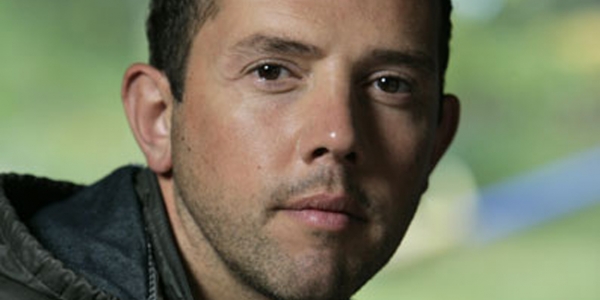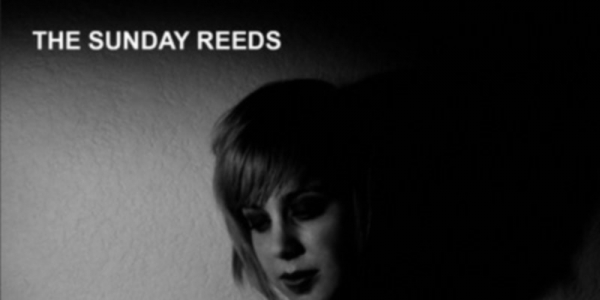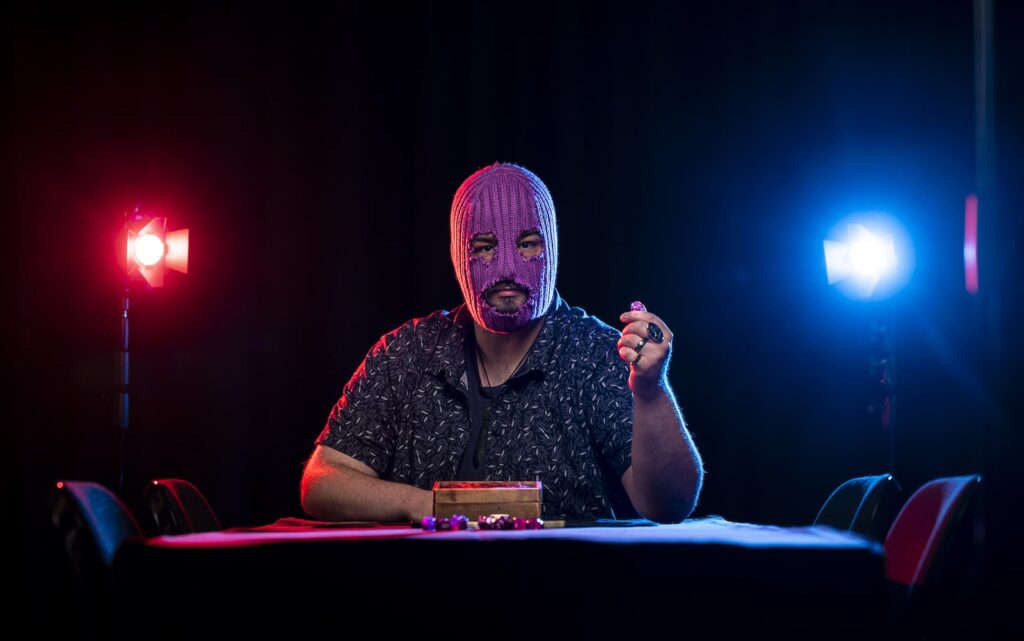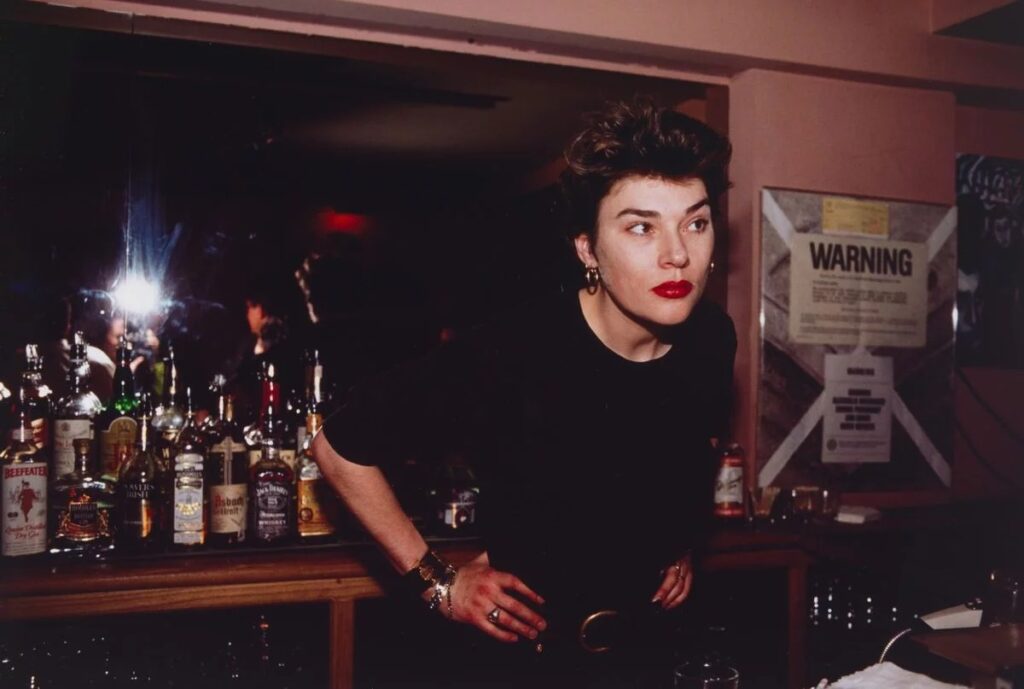“We became friends but I never really understood the story until we went out one night and had a wine, and I pieced the story together. From the start I kept hearing it in dribs and drabs and I started formulating a story in my head, because the story came out really slowly. So I actually was able to digest bits at a time without going, ‘Oh my god, what is this about’. No disrespect to her because that’s her journey, and that’s her life. That’s just what it is. It’s a very shocking story.”
The details of the story, shocking in Lo Bosco’s own estimation, remain to be seen, but the truth is often stranger than fiction and the director may well have been presented with the perfect material.
The project was so personally meaningful that Lo Bosco wrote, directed, produced and acts in it – no minor feat, and certainly an effective way of keeping occupied. No stranger to all sides of the creative process, Lo Bosco wrote and funded his first feature film last year, Groomless Bride, but it took him a while to realise this theatrical project was indeed worthy.
“I wrote it in 2008, and I shelved it, not because I didn’t think it was a good play, but I didn’t think it would do well in Australia. It was cathartic for me to write it; I’ve learnt with this, that we never doubt our own creativity. I sent it to Clocktower, Belvoir theatre and The York Theatre in New York and all three loved it.”
Lo Bosco knows his way keenly around the stage and screen, having acted since the age of eight – including cameos on Neighbours. But a great deal of his career has been ensconced in the writing side of things, creating a play for the comedy festival and currently writing a TV series with the producer of Neighbours. His foray into the cinema was a promise he kept to fellow cast member Natalie Blair. “I told (her) in 2006, ‘I’m writing a film script for you’. In 2011 she filmed that role. I kept my promise.”
And despite being a skillful actor, the director is buoyed up by his written endeavors, fuelled in a way acting can’t sustain for him. Perhaps it’s the opportunity to present a story for someone who can no longer tell it themselves.
The lead character of Due Paesi, Due Cuori, he said, escaped a life of peasantry manufacturing clothes in an Italian village, but on settling in Melbourne discovered unnerving illuminations which challenged the safety of her previous way of life.
“She never went to school, she was eight years old when she started working and her mother pushed her to sew a thousand garments a day. If she didn’t make the step to say I’m leaving she would have been stuck there.
“She wanted to escape all of that and find a better life for herself. But with that, she came to a lot of revelations. It’s a beautiful love story, but as the story unfolds it turns into quite a dramatic piece where a lot of secrets are being unveiled. She left to find herself, and in actual fact she left to find the truth.”
The love story, he finds, is one of the most captivating elements of the biographical tale, and provides optimism in a play otherwise shrouded in darkness.
“She does come here and seek a different life and she finds a great friend – she’s never had a friend. And she finds a great friend in Antonio, which is my character. And she finds love with Giuseppe. How beautiful!”
And despite attempts to keep the production as respectfully close to the truth as possible, the subject of the story has since passed away, never living to see herself immortalised in theatre. In the crudest of ways it makes the story all the more poignant as a tribute to brave escapism.
“I think the story captivated me because I believe in everyone standing in their truth. It’s got to do with the real life character – she’s dead now. I wanted to celebrate her spirit.”
Lo Bosco has since been asked by three investors to write this play into a feature film, he says, and perhaps it has something to do with the redemptive powers of the play’s setting.
“It really highlights what Melbourne’s about. It’s a city where you can find yourself no matter what or who you are. It’s an amazing city. She says, ‘I knew a life in Italy that wasn’t real. But now I know the truth. The most important thing in life is the truth’.”
BY BELLA ARNOTT-HOARE







